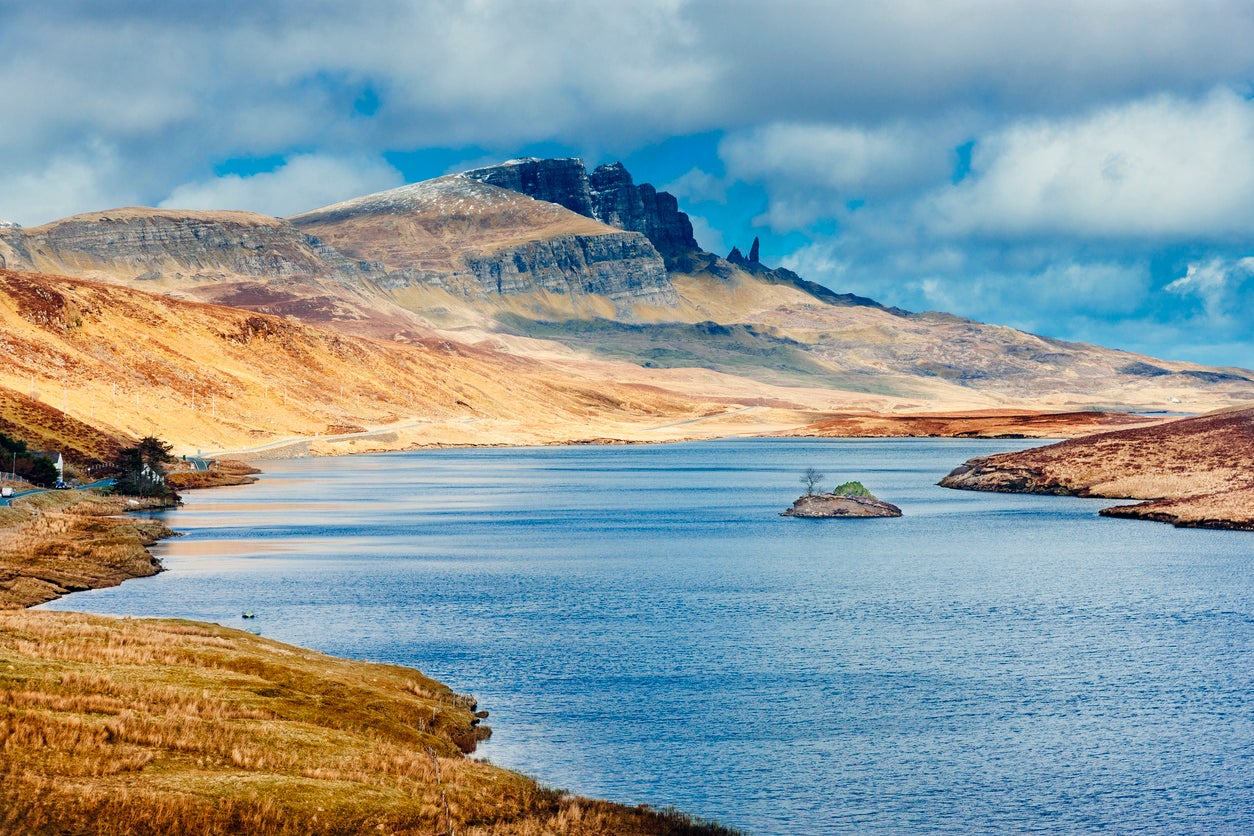It’s wannabe James Bonds, not hikers, who are destroying our national parks
Gamekeepers regularly find cheap tents, discarded walking clothes, sleeping bags, cooking equipment and even drugs just left behind by visitors who disappear in the middle of the night when they can’t cope with the Scottish midges or the wet weather


Your support helps us to tell the story
From reproductive rights to climate change to Big Tech, The Independent is on the ground when the story is developing. Whether it's investigating the financials of Elon Musk's pro-Trump PAC or producing our latest documentary, 'The A Word', which shines a light on the American women fighting for reproductive rights, we know how important it is to parse out the facts from the messaging.
At such a critical moment in US history, we need reporters on the ground. Your donation allows us to keep sending journalists to speak to both sides of the story.
The Independent is trusted by Americans across the entire political spectrum. And unlike many other quality news outlets, we choose not to lock Americans out of our reporting and analysis with paywalls. We believe quality journalism should be available to everyone, paid for by those who can afford it.
Your support makes all the difference.The word “wild” is over-used. I enjoy regularly swimming in the sea in Kent from May onwards and grew up splashing about in the upper reaches of the River Thames. Now, trendies have re-branded this simple pleasure as “wild” swimming – as opposed to what? Is it sexier than swimming up and down a pool?
Camping has gone “wild” too – increasingly, fans shun official sites with facilities like toilets or parking lots, pitching a tent anywhere with a great view. Terrific, if you clear up your mess and leave no marks behind, but that’s not always the case.
In the Scottish Highlands, wild camping is proving controversial. I’ve hiked and fished in Glen Etive for a few years (and it’s where I broke my ankle 800ft up), but the rubbish left by campers is causing problems.
The Land Reform Act of 2003 allows wild camping in much of Scotland, but recently, some councils and national parks have been forced to ban it to protect fragile countryside. Much of the shoreline around Loch Lomond in the Trossachs has a ban on camping outside designated sites from March until the end of September.
Hikers are furious, claiming it is the campers who arrive in motor vehicles who are to blame. They may be right, but in Glen Etive, the problem is further compounded by James Bond fans, driving miles up a single track road to camp and enjoy the views filmed for Skyfall.
Gamekeepers regularly find cheap tents, discarded walking clothes, sleeping bags, cooking equipment and even drugs just left behind by visitors who disappear in the middle of the night when they can’t cope with the midges or the wet weather. The National Trust and the locals have to clear bags and bags of rubbish, bottles, and decaying food left by campers.
The Lofoten Island in Norway is suffering a similar problem as thousands of tourists flock to a fragile environment that can’t cope, camping in gardens and on common ground. What’s the solution? Long distance walkers tend to be responsible campers, carrying their equipment on their backs – maybe it’s time to charge every motorist and biker in our national parks an entrance fee.
Join our commenting forum
Join thought-provoking conversations, follow other Independent readers and see their replies
Comments